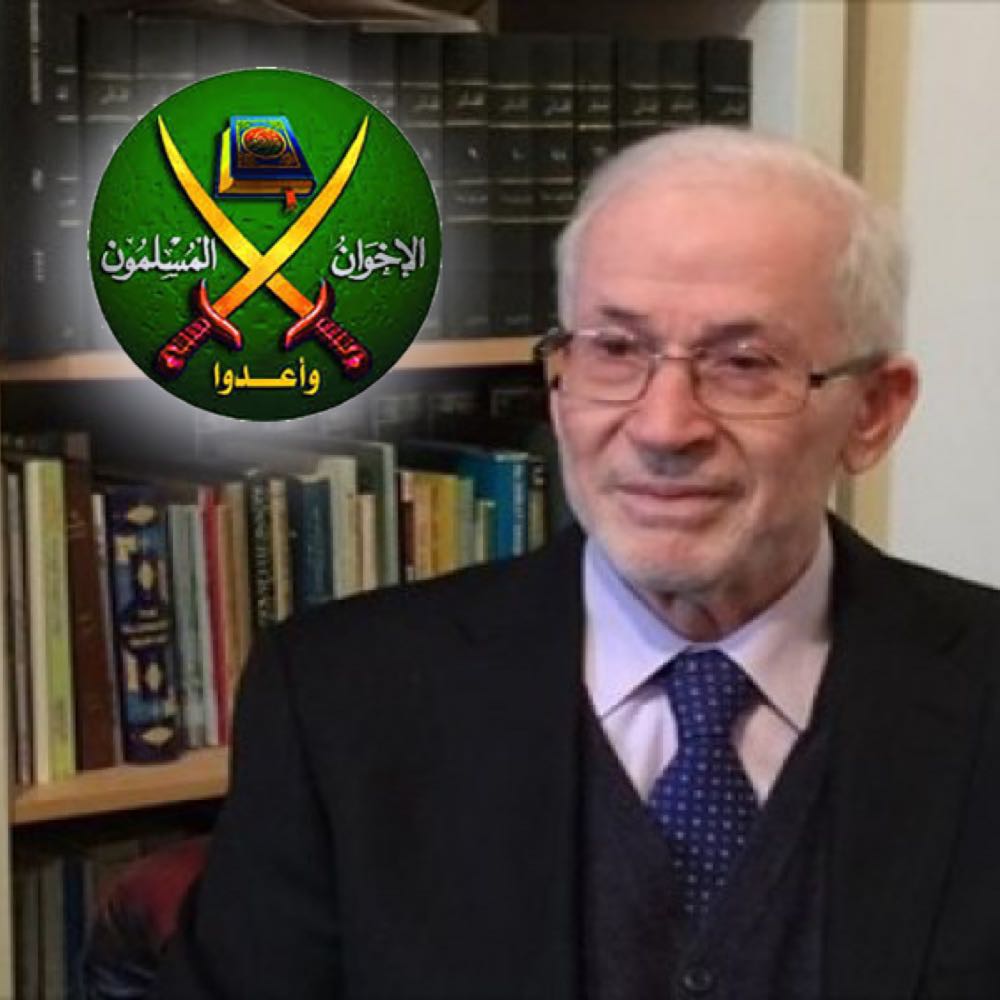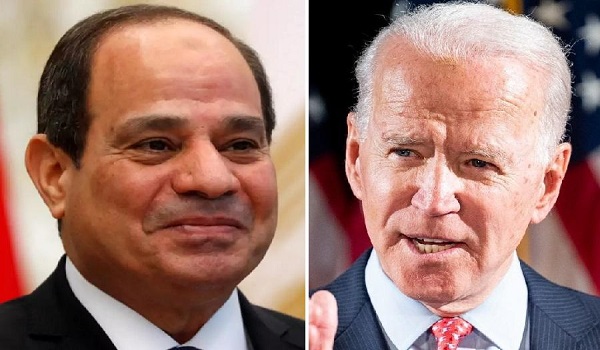The Muslim Brotherhood’s Deputy Guide, Ibrahim Munir, said that his group, founded in Egypt in 1928, has “done things right and done things wrong,” calling on members who left to return. This came in a televised speech given by Munir, on the occasion of Ramadan, in a rare public call in the group that called on its members to maintain secrecy to avoid security repression.
However, the group has been subjected to major defections since the summer of 2013, following the overthrow of former Egyptian President Mohamed Morsi, who belonged to the group. “We send three messages, the first to the rulers of the nation where we remind them they are all shepherds and they are all responsible for their own people,” Munir said, in a speech broadcast by an opposition satellite outside Egypt on Thursday evening. He added, “The second [message is] to those we share with on every area of God’s land – we invite them to joint national action that achieves freedom and a decent life.” Munir sent the third message to those whom he called “our brothers and sisters, who have carried the Brotherhood’s secretariats in all our necks and their necks.” In this regard, he said: “By the grace of Allah, the group remained coherent and now its first century [in existence is approaching] and the group has not been lost or changed.” He added: “We have done right and wrong, but we kept seeking at every stage what unites [people].” He continued: “The MB opens its hearts to those who walked with it on the road [before] events made a gap between him and his group [but] he still believes in its ideas.” Munir did not mention any of the names of those members whom he called on to return to the group, but during the past years the group has witnessed severe differences.
A number of MB leaders separated from the group, including members of the guidance bureau, the group’s highest executive body, and former ministers from Morsi’s era. Observers say the differences that have struck the Muslim Brotherhood over the past years have weakened the strongest rival to General Abdel Fattah al-Sisi’s regime. The group faced internal crises, causing some to leave it, forming another entity in 2016, protesting what they said was the “bad management style.” Many opponents are seeking to reconcile the leaders of the Muslim Brotherhood, so that it is united in the face of its strongest opponent, General Abdel Fattah al-Sisi. But observers say the Muslim Brotherhood is not only suffering from internal disputes, as the authorities have arrested large numbers of leaders and cadres of the group, and many of them have also left the country out of fear of arrest.
Egyptian authorities banned the Brotherhood in late 2013, and arrested tens of thousands of its members. Observers say the restoration of united political currents in the country is a prelude to uniting the political opposition in the country, but those goals appear to be far away given the fragmented and divided opposition. None of the group’s dissident leaders announced any response to the group’s initiative.
In late 2019, Egyptian businessman residing abroad, Mohamed Ali, announced an initiative to try to unite the Muslim Brotherhood. Observers said at the time that Ali and the rest of the opposition’s powers interest in reuniting the group was because they recognise its importance as the largest opposition group in the country. But one month after that statement, Ali announced he had retired from political work and has completely disappeared.
Sources from within the group say that the crisis is not only in the numbers of leaders who left the group, but in the numbers of young people and cadres who preferred to retire from public work entirely. The Muslim Brotherhood has not revealed the numbers of those who left the group, or the numbers who generally separated from it. But Munir previously confirmed (this month) that the group remains strong, without giving any details.





Recent Comments